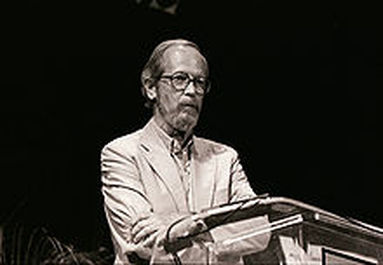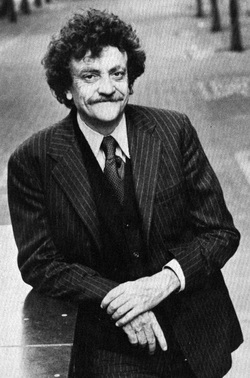A: (Salome) A copy-edit will solve certain kinds of problems. It will get rid of typos, bad grammar, maybe repetitive words. It's basically a final polish. You can't polish away major flaws in the story.
Depending on your level of writing skill, you probably need a line edit and/or a content edit. In a line edit, the editor will look at your book on a sentence and paragraph level, rearranging sentences and pieces of sentences for clarity and power and flow of words. In a content edit, the editor will look at your book as a whole, making sure that everything makes sense on the level of scene and story and giving suggestions for improving it. (In our list of services, this would be covered under either developmental, mentoring, or heavy editing.) Many inexperienced writers believe that a copy-edit will make their novels perfect.
Publishing companies hire different people to do the various levels of editing. A content editor doesn't generally do the final copy-edit. Depending on what service you hired an editor to do, there may be a long way to go. Also, an editor is only an editor. An editor is unlikely to make your book great with editing alone unless it's already very nearly great. There are tools a good editor who is also a good writer and teacher can use to make your book great. Rewriting is one of them. The other is mentoring, helping you learn what the problems are with your writing. Mentoring is more valuable than any book on writing because a good mentor can get to the heart of your particular writing issues very quickly, and then work with you until you understand how to solve them.
As an example, one writer I worked with had almost no change of emotion in her entire manuscript. Stories need ups and downs, not just in what happens, but in the emotions of the characters. In general, people read fiction to be affected by it. Her manuscript also contained numerous errors of logic, depictions of actions that made the characters look like they either had superpowers (because they broke the laws of physics) or were extremely naive. I did a lot of extra work for her beyond the level of a copy-edit or even a light edit, but her book still had problems and there was no way for me to fix them without a lot of rewriting which was well beyond the level of editing she had paid for. Eventually I convinced her to take a course of mentoring with me and with guidance, she rewrote until she had a pretty good book.
A: (Tim) Editing is a catch-all term for several different functions -- generally known in the trade as copy-editing line editing and structural (or content) editing. It's a bit like a carpenter's toolbox. A saw, a plane and a chisel all allow a carpenter to work on a piece of wood, but you wouldn't want to try to halve the length of a plank with a plane, or cut out a neat groove with a saw.
Broadly speaking, copy-editing checks that your individual words are correct, nothing else. It doesn't make any judgement on whether your characters are well-developed or your plot makes sense. Most copy-editors will be concentrating so hard on the individual letters that they'll barely notice that there's a plot going on anyway. A lot of people call this function proofreading, but to be strictly accurate, proofreading is when you're comparing the publisher's final version of the manuscript with the printer's first rough output, to make sure that the printer has it all correct.
Line editing doesn't pay as much attention to spelling and grammar. Instead, the editor will be looking to make sure that the sentences read well and do the job that they are supposed to. If there are inconsistencies -- say the teacher was blonde four chapters ago, but here he's a redhead -- then the line editor is supposed to pick that up. Line editors will often notice spelling and grammar mistakes, but it's not strictly part of the job, and they're concentrating on other things. On top of that, line editing often involves a bit of rewriting here and there, and that will inevitably involve the odd typo. Line editing is more commonly known (outside the book trade) as light editing.
Structural editing is much more fundamental than the other two levels. Here, the editor puts aside any concerns about spelling or word-flow and instead concentrates on the basics of the book -- whether the plot makes sense, how the structure is, whether the theme is clear, the way the scenes fit together, how the pace flows, character depth and arcs, whether everything is bogged down by exposition, and so on. If line-editing is like a personal trainer, and copy-editing is makeup and nice clothing, then structural editing is open-heart surgery.
So a novel that's been edited at one level is not necessarily going to be perfect in every respect. A copy-edit is very much on the surface. A further consideration to bear in mind is that the more exposure an editor has had to a piece of writing, the harder it is for them to effectively copy-edit it. The brain quickly marks things as familiar, and slides past them. So if someone has already done some line editing on a piece, they're not really going to be ideal to copy-edit it afterwards. The best copy-edits always come from fresh eyes.







 RSS Feed
RSS Feed
